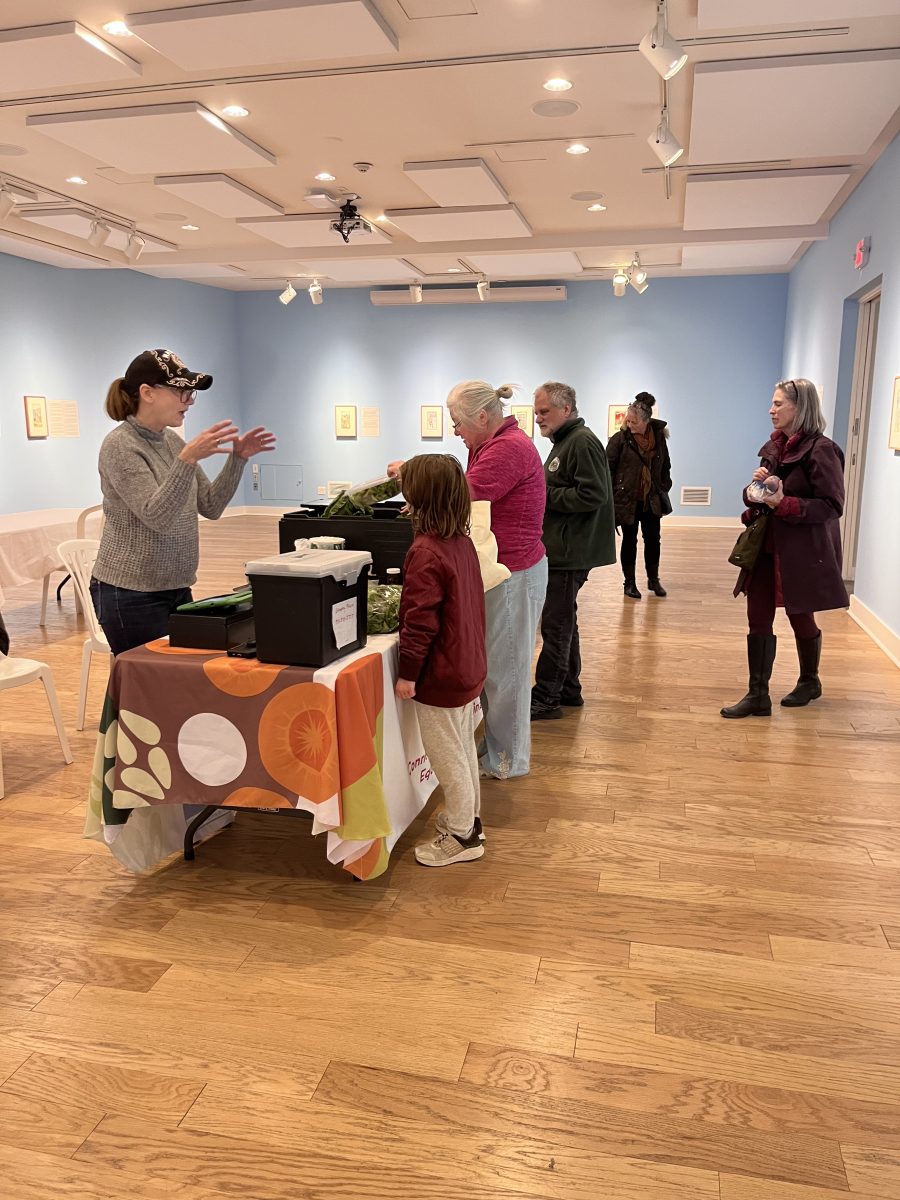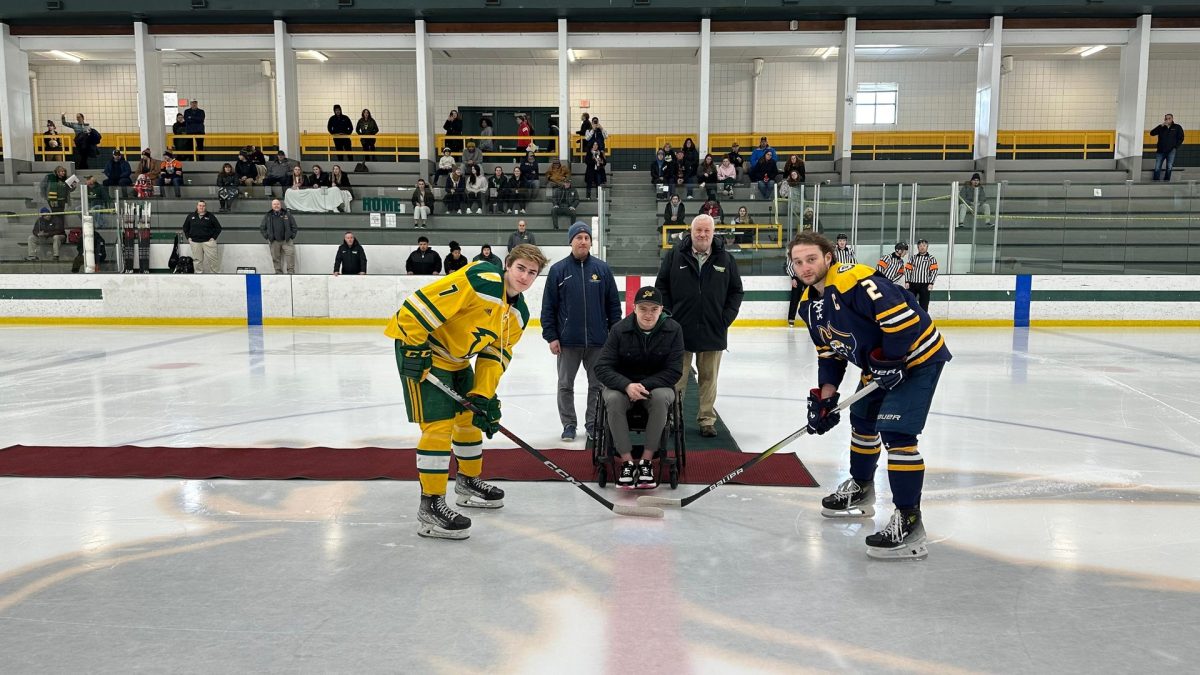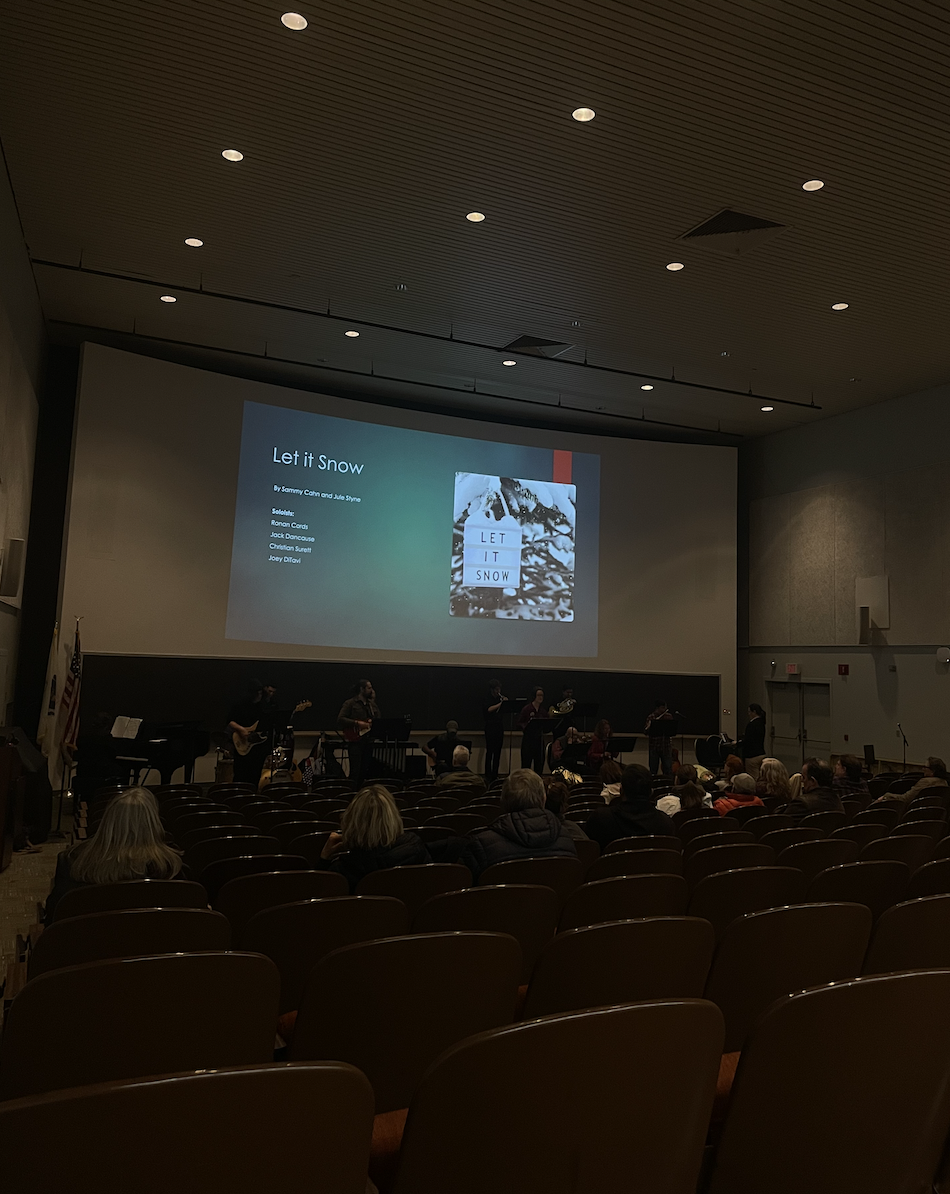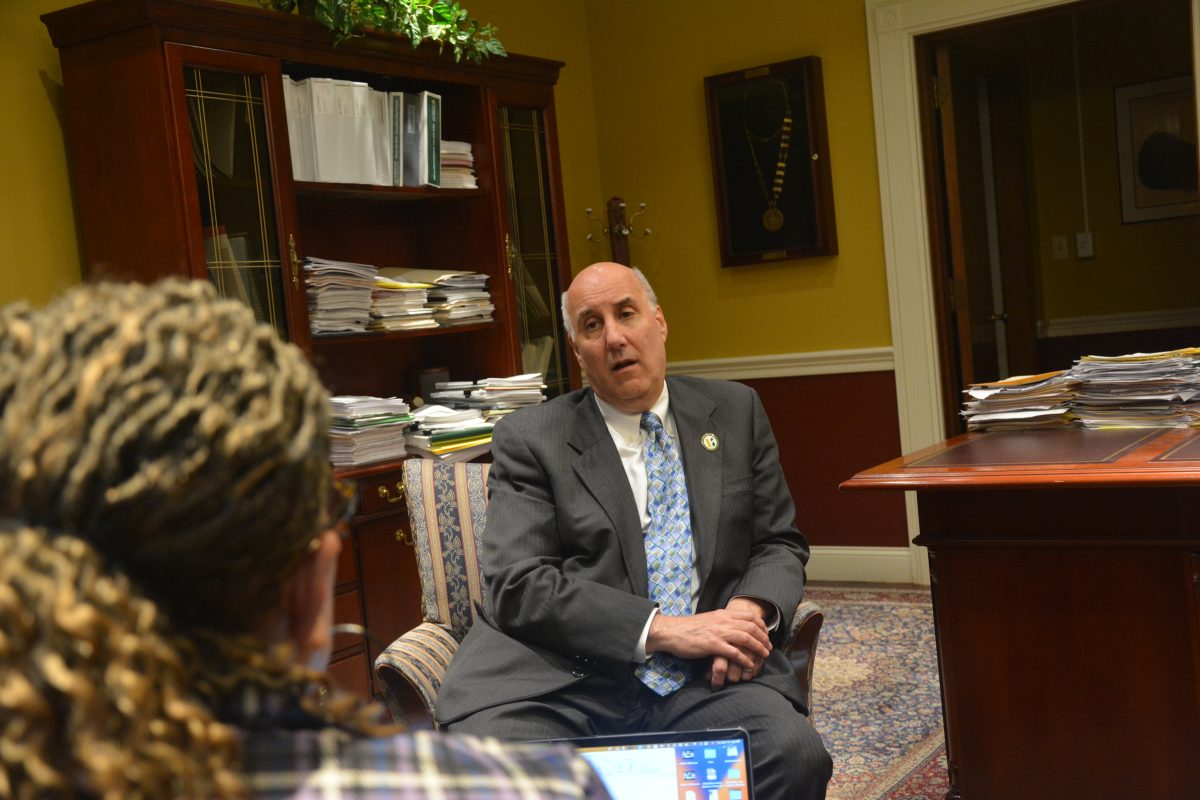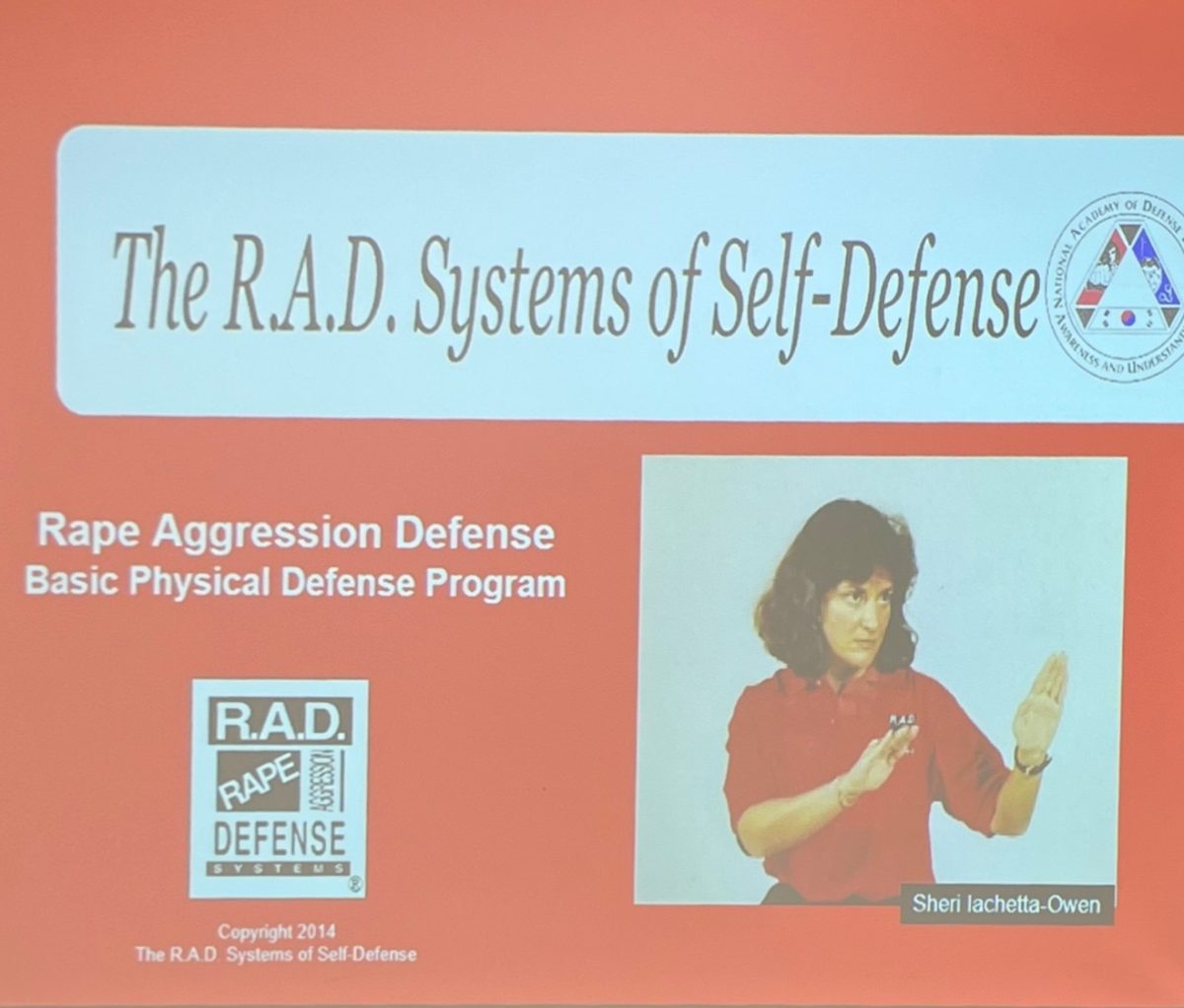“Isn’t that a drug club?”
This is a typical response from students when asked about Fitchburg State’s newest club, the Students for Sensible Drug Policy, according to Jackson Boonstra. Boonstra is president of Fitchburg State University’s Students for Sensible Drug Policy, a local chapter of the nationwide organization, and wishes to clarify that this club and organization is not a “drug club,” but rather a “drug policy” club.
According to Boonstra, the organization neither encourages nor condemns drug use, but instead wishes to ensure freedom and autonomy for American adults and citizens in regards to drugs. The group views the federal government’s War on Drugs as a total failure, with Boonstra stating, “Drugs have gone down in price and up in potency,” as proof of this failure. He notes that the War on Drugs has cost taxpayers more than $1 trillion dollars since its inception and is focused more on punishment and incarceration than rehabilitation. “Handcuffs don’t cure addictions,” says Boonstra. In order to fully rehabilitate addicts and allow them to become productive members of society, Boonstra says, an emphasis must be put on compassionate aid and rehabilitation, rather than harsh punishment, which will only cause addicts to become angrier and further disillusioned.
According to the SSDP’s official website, the organization is an “international grassroots network of students who are concerned about the impact drug abuse has on our communities, but who also know that the War on Drugs is failing our generation and our society.” Boonstra says the organization has an overarching mission statement and ideology, but it is up to local, self-organized, and self-governed chapters of the SSDP to actively engage schools and communities in discussions about the Drug War and its impacts, and thus promote the reform of ineffective and inefficient drug policies.
To further respond to the accusation that Students for Sensible Drug Policy is a group for potheads, vice-president Will Davis-Allan references his personal history to counteract this allegation. “I personally have never done drugs. People would expect me to be anti-drug,” Davis-Allan says. “I am indifferent towards it. I see no real negative or positive impact of marijuana use.” Both Boonstra and Davis-Allan emphasize that the club is much more focused on promoting individual responsibility and accountability regarding drug use, rather than condoning and encouraging the use of drugs. “We respect the right of individuals to make decisions about their own health and well-being,” Boonstra says of the organization and its members.
Boonstra points out that now is a time when the SSDP is more relevant than ever, referencing recent victories for marijuana activists in Colorado and Washington State. Both states have legalized the recreational use of marijuana, and according to a press release by the Department of Justice, “the Department has informed the governors of both states that it is deferring its right to challenge their legalization laws at this time.” This is a major turning point in the War on Drugs, as federal agents had raided many medical marijuana dispensaries in California during President Obama’s first term, despite the fact that the state of California had legally approved the medical marijuana program. With the ongoing implementation of medical marijuana in Massachusetts, Boonstra hopes to clarify and explain exactly what the new programs will entail and how they will work.
In addition to creating discussions about the War on Drugs, medical marijuana, and drug policy reform, the SSDP also promotes awareness of civil rights and educates students and community members on how to effectively interact with police. The “Know Your Rights” campaign is intended to bring about greater awareness of an individual’s civil rights, especially when being stopped by the police. The right to refuse a search and the right to remain silent are among the most important civil rights, according to Boonstra, and these are rights that individuals are often unaware or forgetful of when confronted by a police officer.
Not only is Boonstra the president of Fitchburg State University’s SSDP chapter, but he has also witnessed the effects of different drug policies firsthand. Boonstra, who is half-Dutch and half-American, points out the differences in drug policies between America and the Netherlands, noting that these differences have led to completely different drug cultures, with fewer negative incidents resulting from drug use and policies in the Netherlands. “The Dutch have different marijuana policies,” says Boonstra. “They have a lower drinking age. The age is 16. They are much more lenient. They have less drug problems: Less rehabs. Less hospital visits.”


